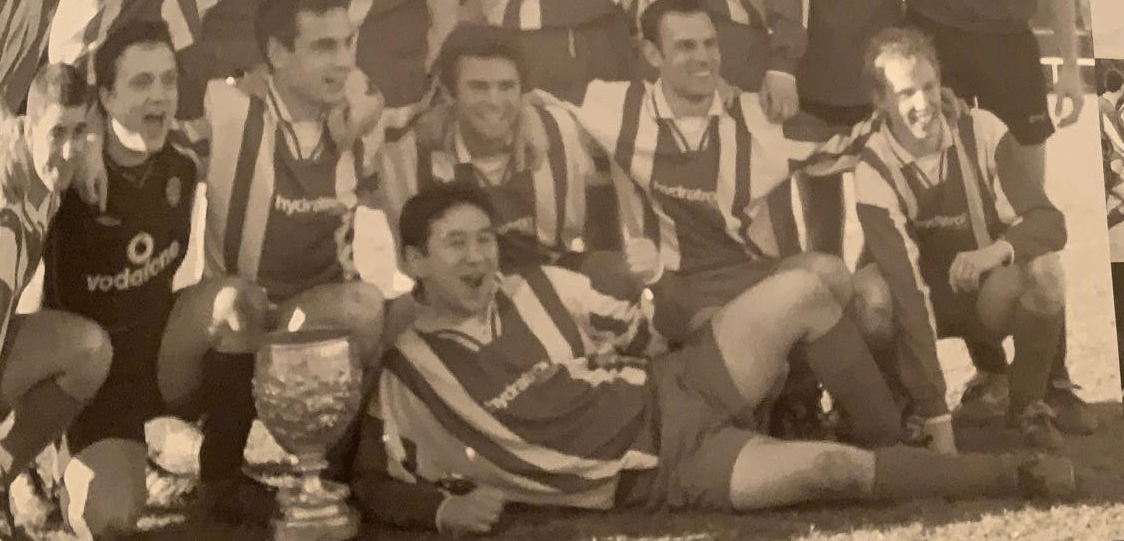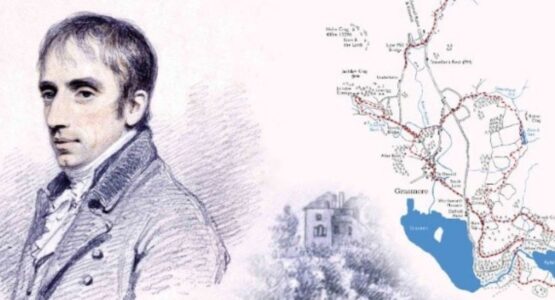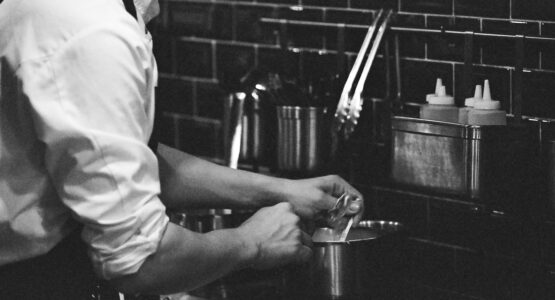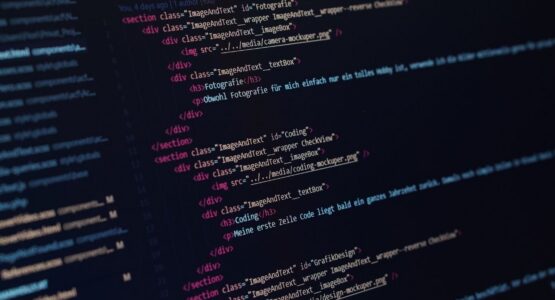Michael Gun-Why (2002) studied English Literature at St John’s. He served on the JCR as Access Officer and captained the Football Team during his time at the College. Michael joined the Teach First scheme and for the last 15 years he has worked in schools in many areas of London where the local communities experience significant deprivation. He is currently Vice-Principal for Curriculum and Data at an outstanding secondary school in Croydon.
Michael joined the Johnian Society Committee in 2021.
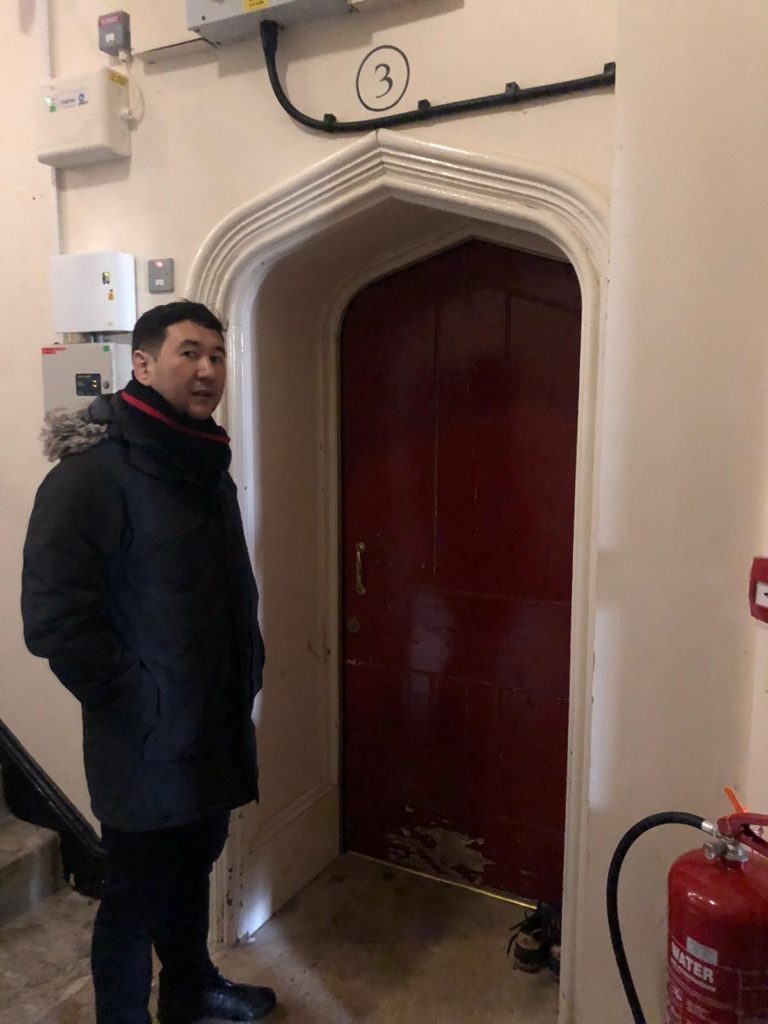
What sparked your initial interest in issues of social mobility and what sustains your commitment to it after so many years?
What really piqued my interest during my time at College was the disconnect I felt between my own personal experience of applying to College and the narrative of elitism that circulated in the national media. Simply put, I was the first person from an all-male secondary comprehensive school on Merseyside to ever get into Oxbridge, and when I arrived my basic conclusion was that if I could I would help to encourage others from a similar background to apply because the opportunity is incredible.
I received an amazing level of support, tuition and resources at St Johns. I couldn’t speak more highly of how open, welcoming and encouraging College was to me during my time there. Personally, I owe a huge debt to Dr Dörrzapf, Mr Jobling and the late Master, Professor Perham.
The entry criterion for Oxbridge is simple: how clever are you? In my experience, these universities couldn’t be less elitist, and I want to work to demystify this narrative.
You started your career in education on the Teach First scheme. Tell us about your early classroom experiences.
The school I worked in was challenging. It was in Ofsted special measures during the three years I was there, had three different headteachers and closed for a period of three months due to an outbreak of Legionella. That isn’t hyperbole. The school was closed down for rebuilding shortly after I left. Nevertheless, I loved my time there. It was a real leveller.
You enter thinking, ‘I’ve graduated from Cambridge and I’ve got all this knowledge about the joy of English Literature I’m ready to impart.’ Then, within 60 seconds, you realise that – fairly or unfairly – kids are just not bothered about that. You have to prove you can teach. It taught me that teaching is always ultimately about the creation of positive relationships. Two or three years down the line, all the hard work from teachers and students pays off, and you see amazing results. The proudest I’ve ever been was of a girl who went from a grade F to a grade D across two years.
What effects of the COVID-19 pandemic have you observed on the community that your school serves?
The effects of COVID-19 on the community I work in are still not fully observable. Sadly, I think they will be long and difficult to surmount. The community I work in has experienced death disproportionately, and in coming out of the first lockdown, the most observable concern was an increase in the number of students who we considered vulnerable to violence, mental health issues, poverty and other obstacles. All that being said, the school community has been remarkably resilient and retained its ambition.
In our first period of school closure, like many schools, we were slow to see the opportunities for remote learning; however, in our second period of school closure we have delivered a full timetable of lessons to every pupil in every year group with their teachers teaching live. Our students really care about learning, and I’m fortunate that I work with a group of dedicated professionals who go above and beyond to deliver it.
“I broke a pan and a spoon protesting about tuition fees in 2003 and I wish I’d broken more.”
Michael Gun-Why
The College’s Schools Liaison Officer has spoken of the work that the College undertakes to break down barriers to participating in higher education. What are the biggest challenges you have observed facing the student populations that you have worked with?
To my mind, the biggest challenges I see to breaking down barriers to participation in higher education are all economic. I am not convinced, sadly, that it is logical anymore, when weighing up the cost-benefit, for many students from lower economic backgrounds to attend university. The figures on increased salary earning are historic, and while they may still add up currently, I’m not convinced they will in ten to fifteen years. Once you add up the loss of earnings for three years out of work, and the psychological damage that carrying so much debt around for decades may have, it becomes harder to make the case.
It’s scary how many students will only choose universities in London because they can save money on accommodation and know that they can continue their part-time employment. I broke a pan and a spoon protesting about tuition fees in 2003 and I wish I’d broken more. In this sense, the College’s work to provide more scholarships and grants, and to protect the provision of weekly tutorials, is really admirable.
The themes [in Romantic poetry] of experiencing the natural world, contemplation in solitude, individual liberty, resisting oppression, preserving the natural world and many more, still resonate so strongly.
Michael Gun-Why
What text have you most enjoyed teaching to students of English Literature?
I specialise in teaching poetry. There are two main areas I really enjoy teaching: 21st century poetry and Romantic poetry. To our school community, in fact to most observers, the English Literature curriculum in schools is very dead, very white and very male. Teaching 21st century poetry is thrilling. It is probably the most exciting area of literature currently: it receives a lot of attention, there is a vast array of voices, and students are able to see (outside of lockdown) these poets perform, which is quite an emotive experience.
To then sit that contemporary experience and knowledge against teaching the Romantics is wonderful. The Romantics are so relevant to our students, and across the course we find that they embrace them and fully experience them. The themes of experiencing the natural world, contemplation in solitude, individual liberty, resisting oppression, preserving the natural world and many more, still resonate so strongly. Poetry and the modern world begins with the Romantics – or, it does when I teach it.
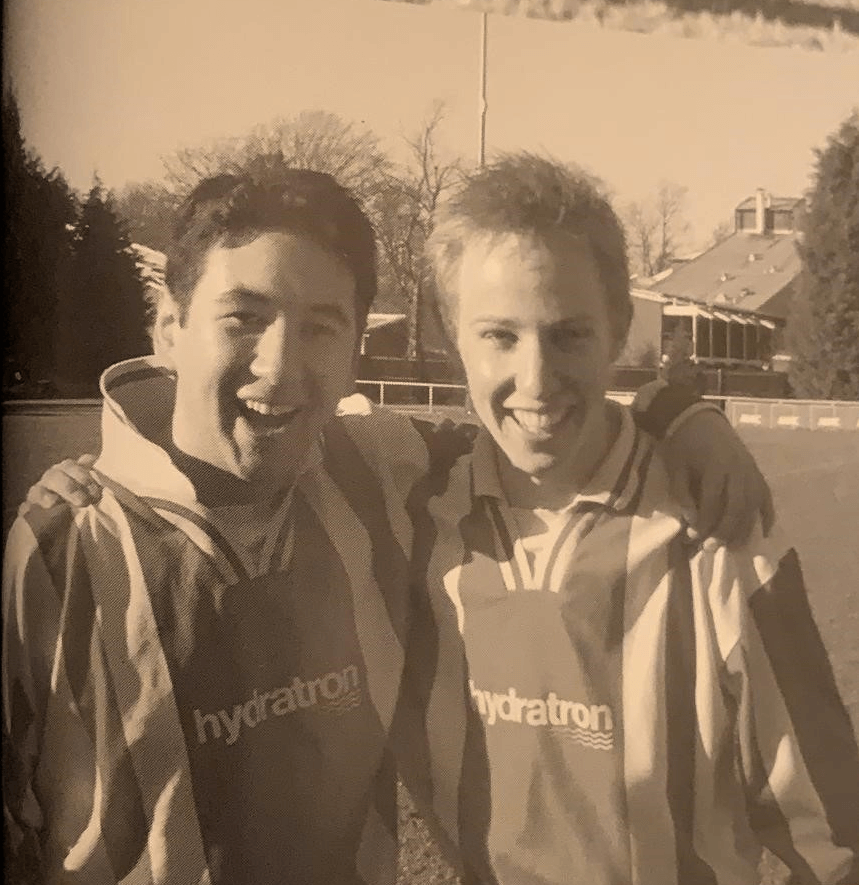
You captained the Men’s Football Team at SJC between 2004 and 2005. Any memorable highlights from the season?
Too many to mention – despite ending without a trophy. Overall, I’m just glad to have been on that team and thankful to have been at College at the same time as so many other good football players and good lads in general.
What do you hope to contribute to the alumni network through your involvement with the Johnian Society Committee?
If I’m honest, I’ve seen the Johnian Society emails come into my inbox in the past few years and not engaged with any of them. So when the invitation to join the Committee arose, I had to think about what I would contribute. I’ve decided that I’d like to expand the opportunities available for those who were part of the sports team to meet up socially. Nothing grander than organising a few social drinks, then perhaps a second, which would of course be followed by…
Where will you visit first in College once the restrictions are lifted?
I’d like to sit out on the Backs with a beer and a few mates and talk about how College was so much better back when we were there. It’s always enjoyable to embellish the same stories we’ve been telling for years.
If you’re interested in becoming a member of the Johnian Society Committee, please contact the Development Office, the staff of which can facilitate an introduction to the Chair, Mark Wells, and the Honorary Secretary, Zip Jilla.

